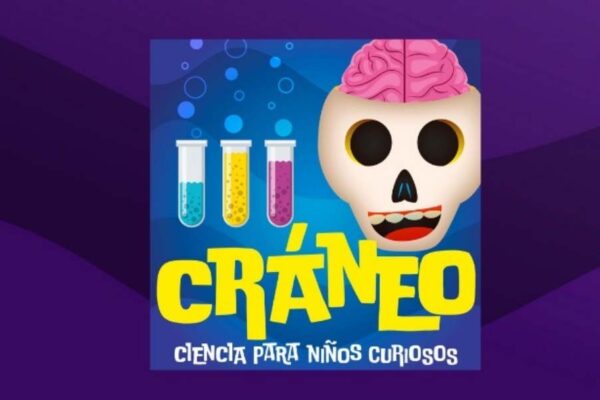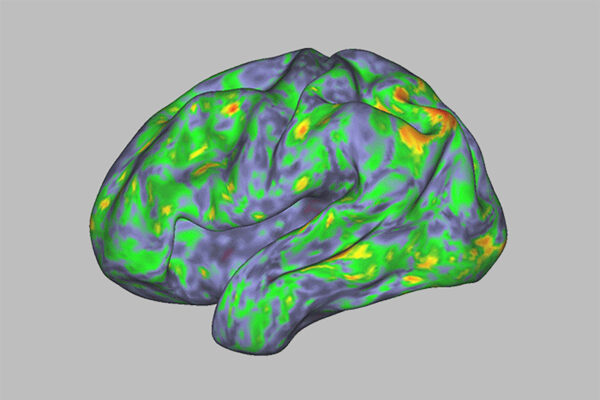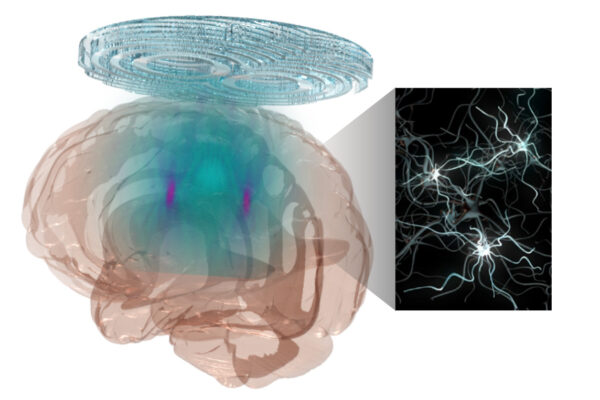WashU scientist talks neurons on educational podcast
A top educational Spanish language podcast for kids recently featured Allison Martinez Mejia, a biomedical engineering PhD candidate at Washington University.
Potential of mindfulness to enhance cognitive health in Latinx older adults being studied
WashU researchers have received a National Institutes of Health (NIH) grant to explore the potential for mindfulness approaches to protect against dementia in groups of older Latinx adults.
Pollina named Rita Allen Foundation Scholar
Elizabeth Pollina, an assistant professor of developmental biology at WashU Medicine, has been named to the 2024 class of Rita Allen Foundation Scholars.
Can we predict who will develop migraine headaches?
Washington University School of Medicine scientist Hadas Nahman-Averbuch has received two grants totaling $6 million to investigate the risk factors for developing migraine headaches in adolescents.
‘Molecular putty’ properties found encoded in protein sequence for biomolecular condensates
Scientists at the McKelvey School of Engineering at Washington University in St. Louis sort the rules governing putty-like biomolecular condensates.
Brain on psilocybin: study reveals psychedelic’s deep neural impact
A School of Medicine brain-imaging study on the effects of psilocybin, the active compound in magic mushrooms, provides a neurobiological explanation for the drug’s mind-bending effects.
Brain inflammation triggers muscle weakness after infections
Research from Washington University School of Medicine in St. Louis reveals how brain inflammation triggers extreme muscle weakness across several diseases, including viral infection, bacterial infection and Alzheimer’s disease.
Chen awarded two Scialog grants to study the molecular basis of cognition
Yao Chen, an assistant professor of neuroscience at the School of Medicine, is part of two teams that have been awarded grants to study the molecular processes that underlie memory and cognition.
‘You think, so you can dance’
In “The Neuroscience of Movement,” dancer and research scientist Elinor Harrison introduces students to the complex neural processes that allow us to coordinate thought, action and perception.
New technology allows researchers to precisely, flexibly modulate brain
Researchers at Washington University have developed a noninvasive technology combining a holographic acoustic device with genetic engineering that allows them to precisely target affected neurons in the brain.
Older Stories









